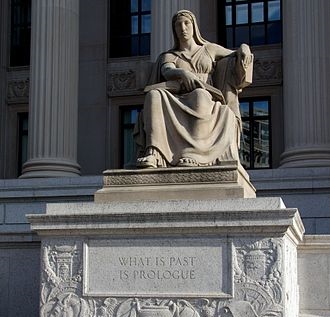Before you get too far into the New Year, I have two suggestions. As I’ve been preparing for the message I will be preaching in two days, I found these two thoughts at the heart of Haggai’s words to a group of people that were missing it.
Are you familiar with the book of Haggai? It’s focused on getting a group of people out of the land of good intentions and into the land of fulfilled intentions. They, like so many of us, made a great commitment. One that focused on their relationship with God. They raised their hand and said, “You can count on us to rebuild God’s house.” But when things got tough, like they often do, they abandoned that commitment and focused instead on building their own homes. They put their own needs and desires before God.
So Haggai came along and told God’s people they needed to do two things:
- Look Back. “Give careful thought to your ways” (Haggai 1:5). Take inventory. They were busy, busy, busy – just like we often are – but busy doing the wrong things.
- Look ahead. “Go…bring…build…honor” (Haggai 1:8). Haggai drops four action words on God’s children that give them a new plan of action. He reminds them to put God’s will above their own. To live for His pleasure and honor.
It’s not complicated. If you’re hoping for a better future, take some time to look back before you move ahead. Learn from your past and let what you learn guide your plans for the future.

Near the National Archives building in Washington, DC, there’s a statue named “Future”. Five words are written below it – “What is past is prologue.” Our past is leading us into the future. And it can give us a better future if we take the time to learn from it.
That was certainly the case with the people Haggai wrote to. Their lives changed. The temple got built. It pleased the Lord. God was honored. They were blessed. All because they reflected on the past and used what they learned to help them get busy doing the things that mattered most.
By: David Gudgel

